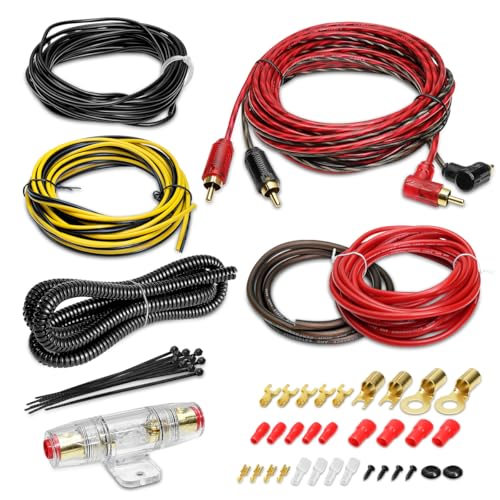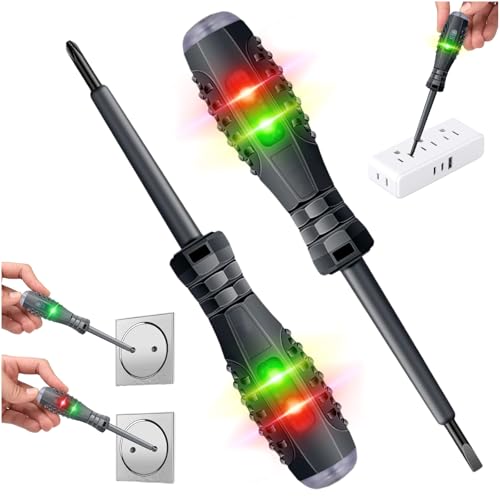. True you have to verify the integrity and readings for the whole circuit
but the actual cert is for the alteration, not the whole circuit.
yet the integrity reading are put on the cert.. RE the whole circuit???
you dont just test your alteration..
and your alteration can alter the characteristic of the whole circuit...
e.g. add too much new cable under a floor extending a circuit..
no RCD issue.. you bit of cable only 20m long...
but now added to original circuit Zs exceeded???
You still have to assess the rating & condition of existing equipment comprising the circuit you are modifying! 131.8
which is the "Existing" not just your new bit!
If you want more info speak to DCLG or the IET NOT your scheme provider/ESC. The IET/DCLG will tell you what you must do, your scheme provider will tell you what they would like you to do!
At the end of the day..
The BUCK stops a who's name is on the cert..
NOT any scheme providers.. or IET/DCLG
at numerous points in the regs. the onus is placed back on the designer & installer & tester of the installation and/or alteration,
who makes a judgement based on the individual installation circumstances..
using their expertise as a "Competent Person"..
As Steptoe often reminds us....
You name on the cert.. You will be the one the book is thrown at if you are negligent & someone is injured!
































































